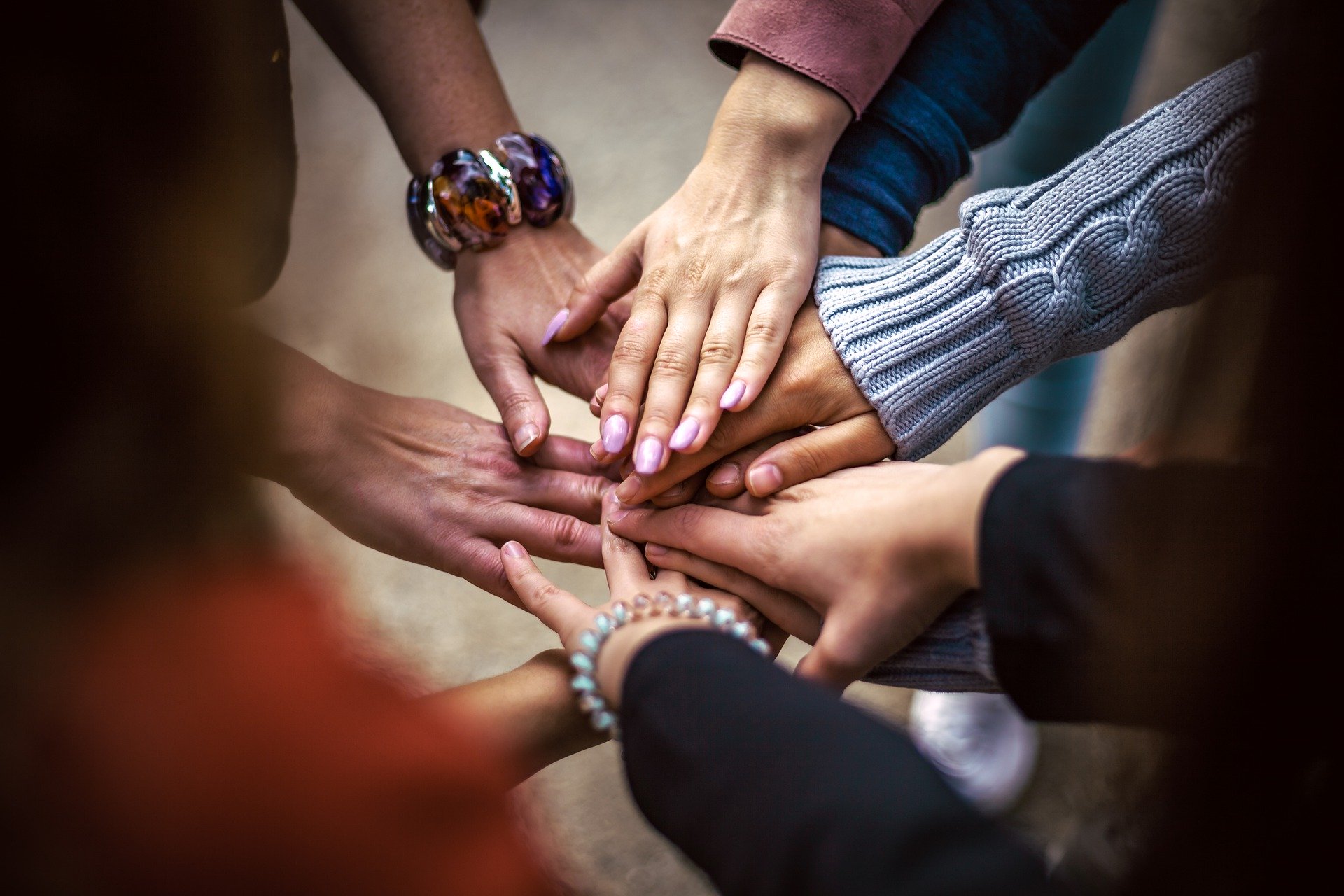New decade, new beginnings, new journeys. Everyone seems to agree that the new decade will be crucial for the ecology of our planet, for democracy, and for human rights. Should we be weeping and wailing for a divided and disintegrating world, or dancing on into the ever-expanding century and its new worlds, trusting in the better angels of our nature?
The fact that our world is “better” than a century ago – longer life spans, less poverty, more technology – does not mean that it is still not awful for many of us or that the world will survive into the future. But to acknowledge a multitude of problems seems only to overwhelm and demoralize us.
As a psychologist working with many folks who seem permanently flooded with tragedies and upsets, it’s clear to me that we need to pinpoint the key elements of our problems IF we hope to change the big picture.
And then we need to co-operate, to come together.
(As I remind my friends who lament our inability to deal with all the complexities of climate change, a few decades ago we pinpointed that there was a hole in the ozone layer and managed to co-operate to solve this issue. Amazing!)
But our world is shattering into tribes that see each other as dangerous enemies who could not ever share a common vision or strategy. In his excellent article “Rethinking Polarization,” Jonathon Rauch makes a key point: extreme partisanship is not fueled by differing ideology or rational arguments. It is emotion that fuels tribalism, mostly fear!
It’s clear to me that we need to pinpoint the key elements of our problems IF we hope to change the big picture. But the answer is not simply rebuilding our sense of community with mere projects.
From the studies on human attachment we know that a sense of threat powerfully triggers a seeking for safety and rescue and a need to belong. Our nervous system knows before our first breath that belonging with others is our only safe haven in life. Once a sense of threat is coupled with our need to belong, all versions of reality that challenge this belonging is discounted, and everything is “us versus them.”
What evokes tribalism’s more extreme and negative forms? Lack of belonging in our communities and our intimate relationships with our families and life partnerships.
We are lonelier and lonelier in Western societies and when these closer ties erode, all that is left is the tribe and winner-take-all political strategies. This suggests that the structure of our social life is the hidden flame behind all the smoke clouding our world. We need to pay attention to our increasing alienation from each other in everyday life!
We are bigger than tribalism, the most basic form of social organization humans have ever created, and we have defeated tribalism before. The answer is not simply rebuilding our sense of community with mere projects.
The attachment science that is the basis of my work shows that securely attached adults and children, who feel (yes, it’s emotional) connected to their precious others who will come if needed are less prone to fear and anxiety, more open to people from other tribes and backgrounds, more empathic and responsive to others, are less cognitively rigid – the list goes on and on.
Just maybe – the best thing we can do for this planet and for human rights in this decade is to take this science seriously. Teach our kids about bonding and attunement and secure relating in schools. Teach couples how to connect and build strong bonds (EFT therapists do this every day) and how to parent well.
Maybe at this time in our history, the most revolutionary transformational act of all is to make our relationships INTENTIONAL and learn how to create this emotional connection with those closest to us. This security then flows out into a safer, more connected society where people can be different and still belong.
Is this romantic dreaming? Huge institutions, such as the US Army and large hospital systems, are waking up to this reality. Recently the Army has decided to train its chaplains to Hold Me Tight Online to soldiers and their partners. 4,500 military couples have already gone through this program. Research studies say the program changes relationships and moves them towards secure connection, which is even more crucial to those facing the adversity of military life.
In the second decade of the 21st century, we can change our relationships in specific, very positive ways. When we do that, we change our world. What are you doing to focus on your relationships today?

